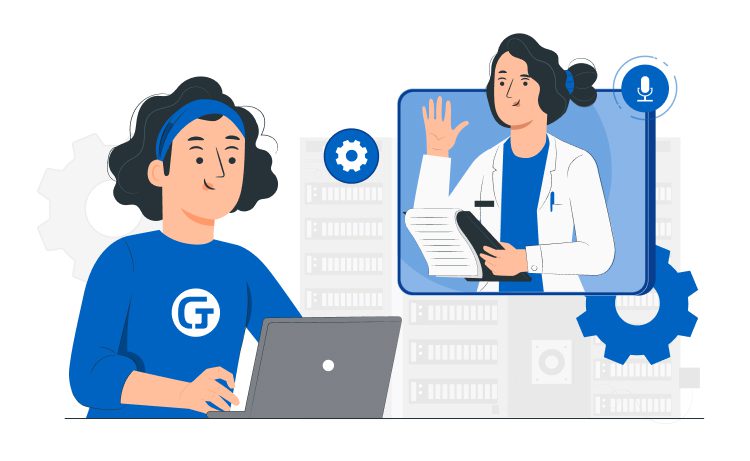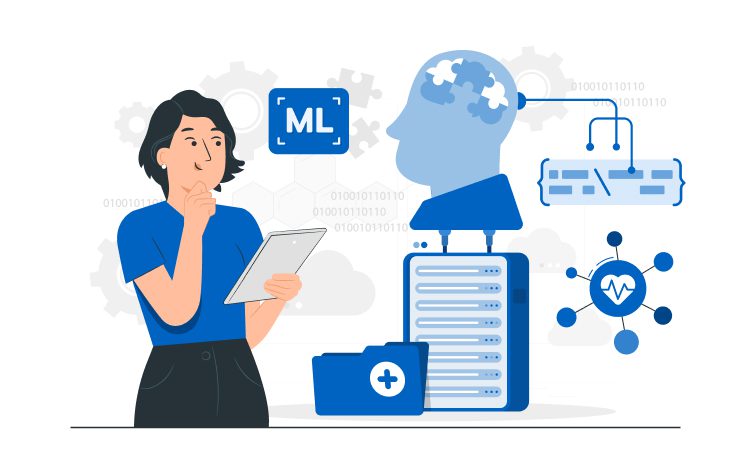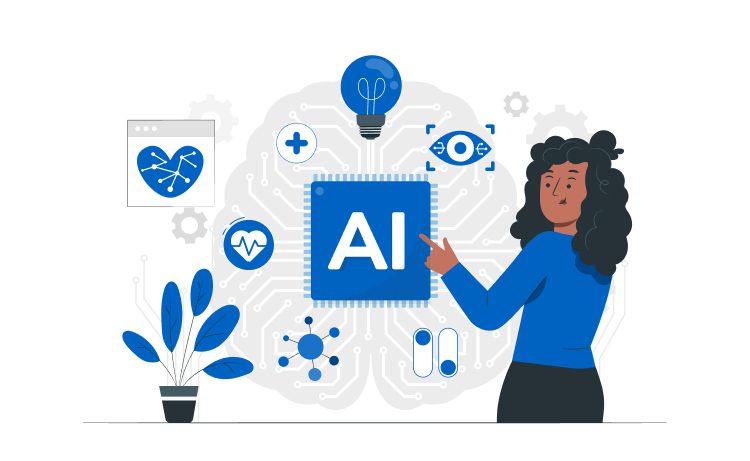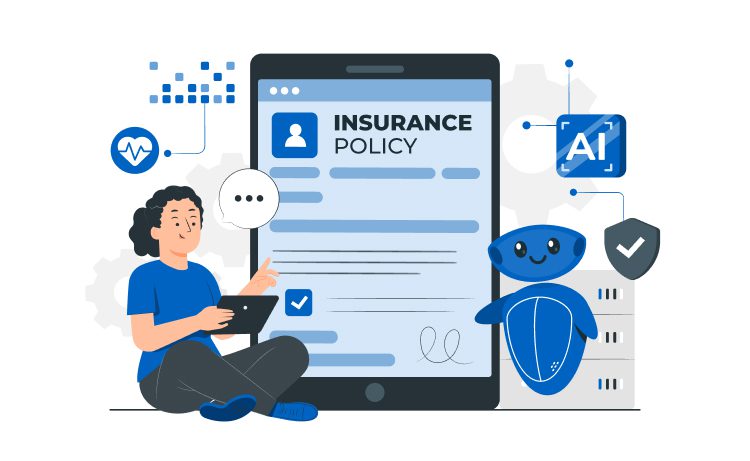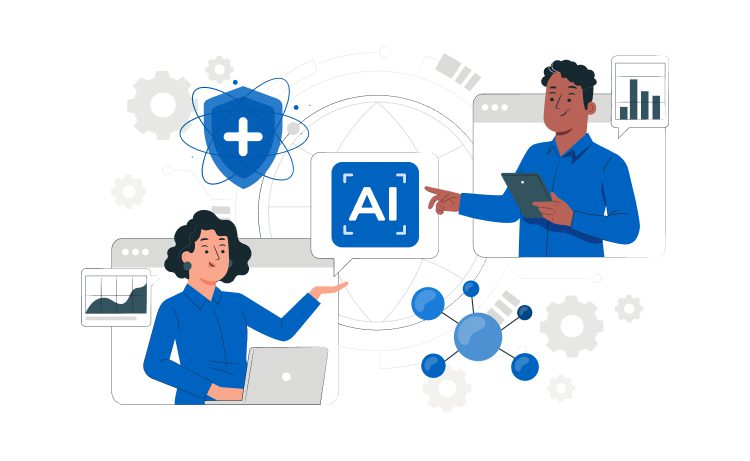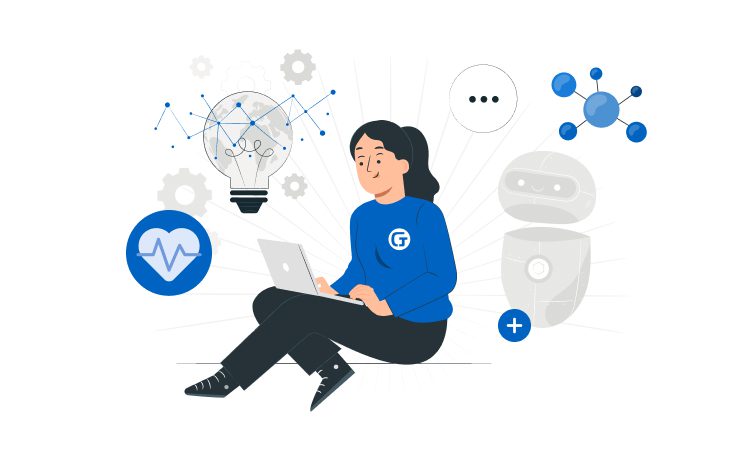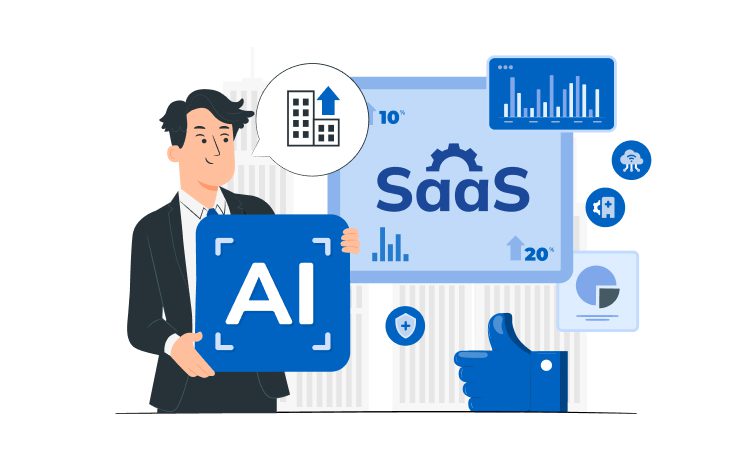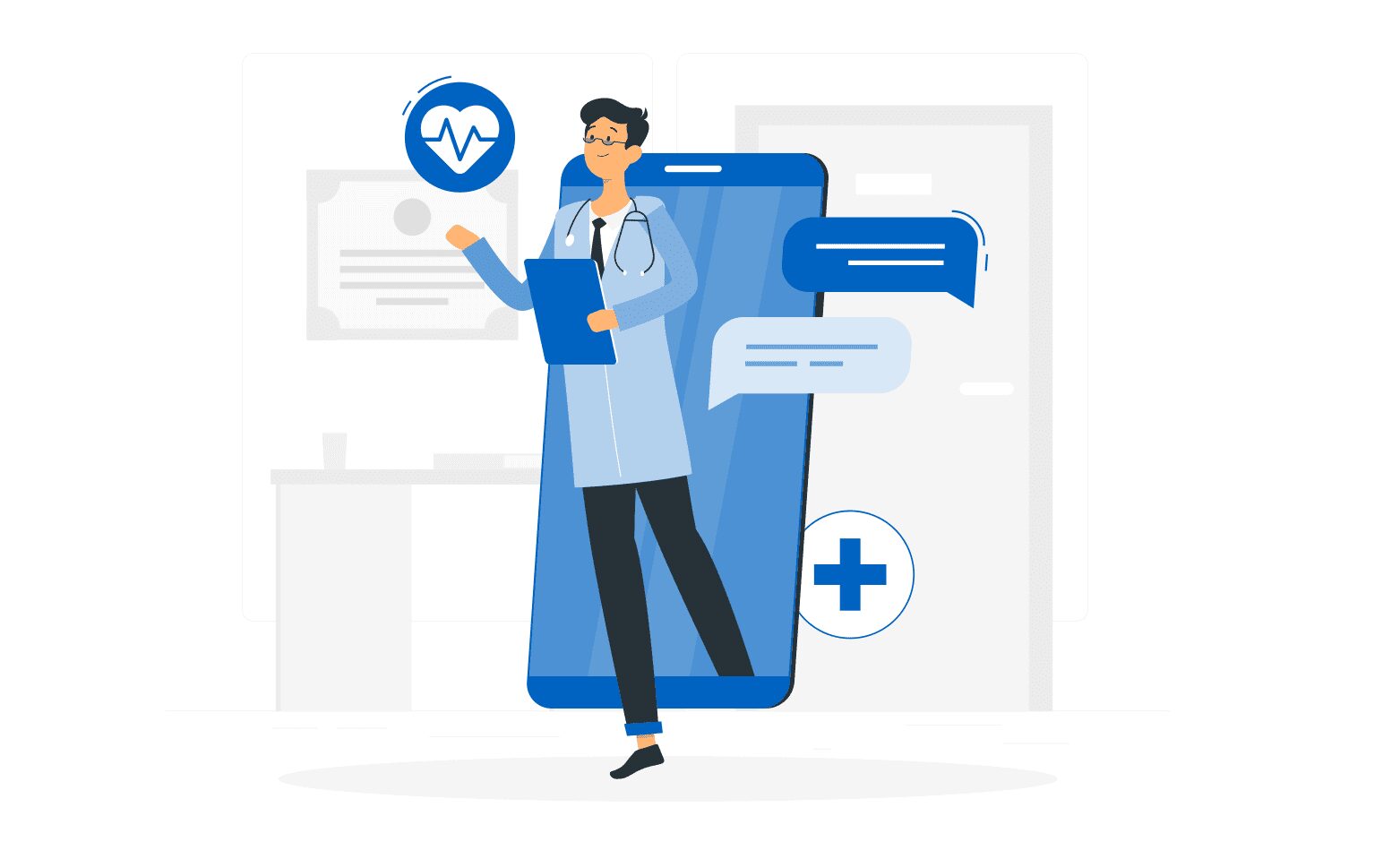
How to Build Interoperable Health Apps: What is SMART on FHIR?



Modern medicine is transforming, acquiring digital functions and standards. According to Grand View Research, the global market for electronic medicine reached $110 billion in 2021 and is predicted to grow to $296 billion by 2028 with a CAGR of 15.1%.
The development of IT solutions for digital medicine has always been associated with some difficulties. The main one was interoperability, or rather its absence. Health Level Seven International managed to partially solve it by releasing SMART on FHIR, the modern information exchange protocol. At the beginning of 2020, HHS approved the final list of specifications and protocol requirements.
Today GloriumTech will talk about the peculiarities of creating virtual tools for digital medicine using SMART on FHIR. In this article, you will learn about the nuances of telemedicine solutions and all the necessary certifications.
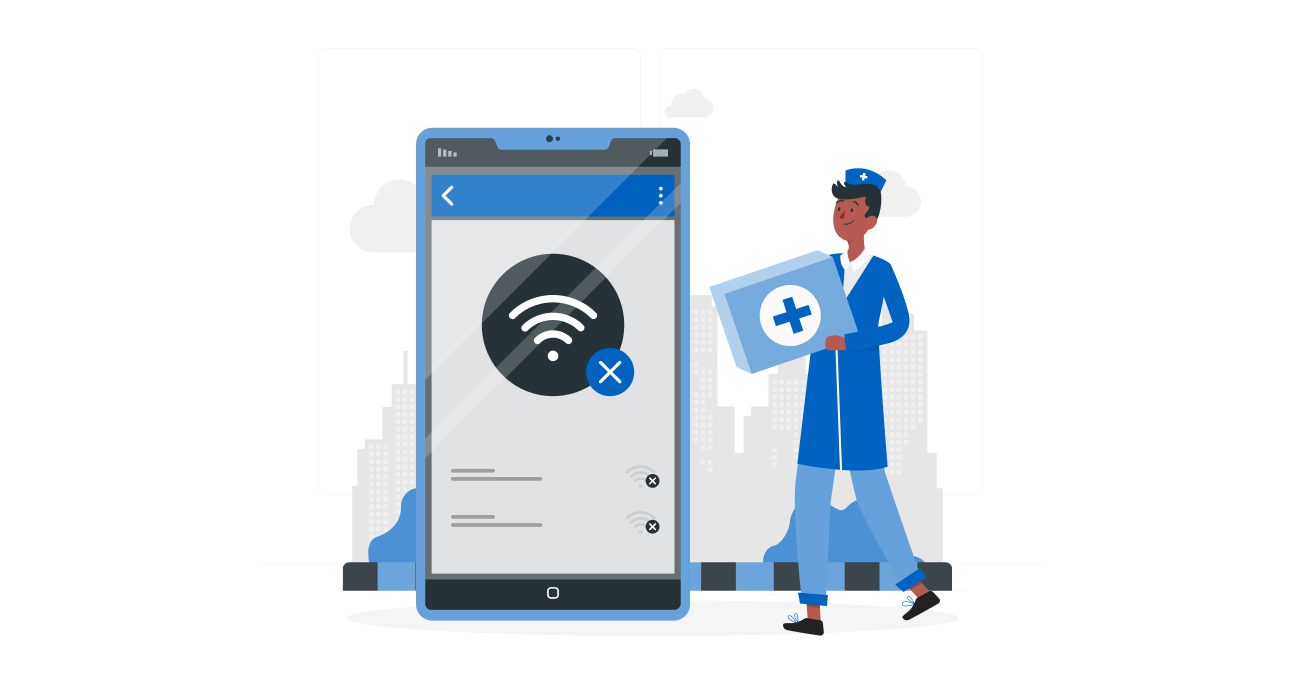
SMART is an API for healthcare. It is used to develop standardized apps. This technology allows you to create interoperable solutions that can be synchronized with any digital medical system, regardless of their types and formats. The only condition for integration is SMART support by the EHR provider.
FHIR is an extended version of the HL7. This standard ensures secure data exchange between healthcare institutions and provides access to healthcare systems with a RESTful or HTTP service.
Unlike its predecessor, FHIR has greater support for information formats, is easier to integrate into mobile SaaS solutions, and interacts with wearable and medical devices more efficiently.
The protocol has support for:
It is the way the FHIR protocol interacts with the SMART API, OAuth2, and OpenID Connect. The main purpose of this solution is to provide a secure, interoperable principle of information synchronization between the IT solution, EHR, and healthcare providers.
The principle of the SMART on FHIR protocol is based on:
Interoperability means the opportunity to exchange patient and prescription information between specialized, authorized systems and devices by sharing information. Ensuring the universalization of formats and standards is one of the areas where interoperability opens up the possibilities of IT solutions for the healthcare industry.
There are 4 types of interoperability:

Healthcare app development is a bit different from simple multi-platform solutions. In addition to the standard functionality, they must support modern security standards and medical certificates.
It also requires support for EHR and EMR systems, format universalization, and a reliable information exchange channel between the IT solution and healthcare providers.
Implementing all of the above was problematic without SMART on FHIR. It required manually creating dependencies and synchronization between the app and the EHR of a specific health care provider.
There was no talk of any interoperability. The HL7 organization partially solved this problem by releasing the first version of the protocol.
An interoperable healthcare app must be multi-platform. It may be implemented as a stand-alone or integrated system. For example, you can create a mobile solution for ordinary users and a web platform for doctors with access to EHR, EMR, and patient accounts.
SMART on FHIR is implemented as an API with support for RESTful and HTTP services as well as JSON or XML data formats so that it can be embedded into any app. It is preferable to use JAVA-oriented frameworks like Angular, React, or Node due to better protocol compatibility.
SMART on FHIR is a protocol for communicating between clients and clinical systems. But do not forget that certificates and standards like GDPR, HIPAA, ICD-10, XDS, XDS-I, and EVV are essential for healthcare.
For the app to work with healthcare providers, you should not refuse to implement these standards in your IT product. Consider it when ordering development and preparing technical specifications for the contractor.
When connecting your app to EHR and EMR systems, consider SMART on FHIR support. For example, Epic, Allscripts, Cerner, and Orion Health support this protocol. It is also supported by ONC in the US, NHI in the UK, HINZ in New Zealand, and NEHTA in Australia.
The SMART APP Launcher platform allows you to test the performance of your IT product before deployment. Some healthcare providers offer their test environments based on this API. They emulate their EHR data or even provide factual information. Thus, the application logic and interface elements, the relevance of the output data, and the operation of notification systems are checked.
You can publish your IT solution with SMART on FHIR support on specialized platforms like Google Market or AppStore if you have a native app. To host a web product, you can use cloud platforms. SMART on FHIR is supported by Google, Amazon, Verily, Azure, and other providers. You can also visit Cerner, a profile website with different SMART on FHIR apps. By the way, this platform allows you to deploy IT products for testing or just publishing.
Interoperable apps for healthcare and medical services based on SMART on FHIR are a trend for the next decade. With the help of the GloriumTech team, you will launch your app to the market as quickly as possible. Our experts will consider all specifications, certificates, and protocols to release a quality IT product synchronized with the EHR of the healthcare provider you need. For advice and ordering the service, please contact our manager.
SMART is an API solution for information exchange, and FHIR is a protocol due to which the system receives data without any transformation. SMART on FHIR means synchronization of these systems into one.
Working with the healthcare industry involves publishing private information and confidential information. Sharing customer data between vendors is commonplace, but theft of this information may lead to its misuse for fraudulent purposes.
The easiest way is to seek advice from the experts of GloriumTech.

